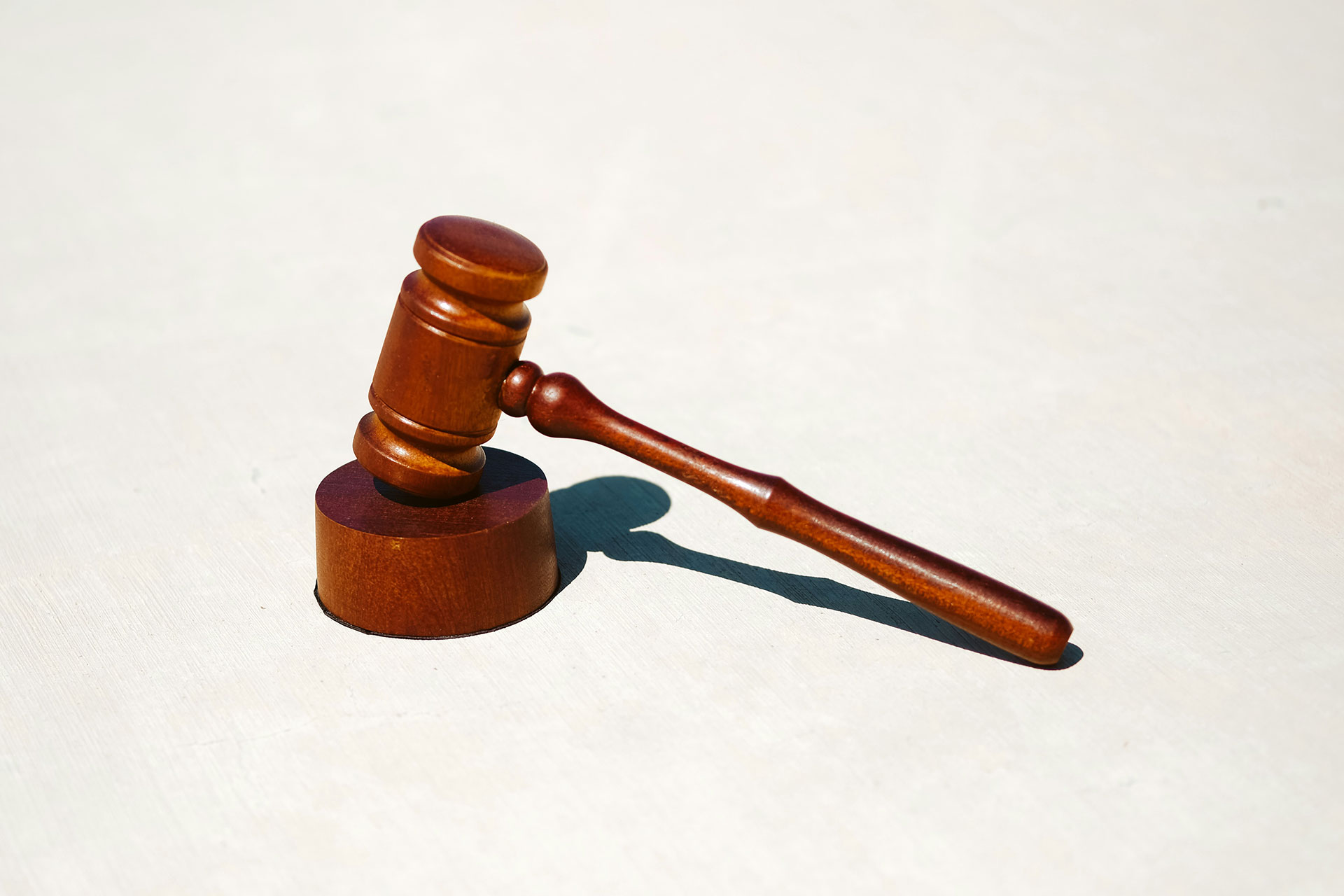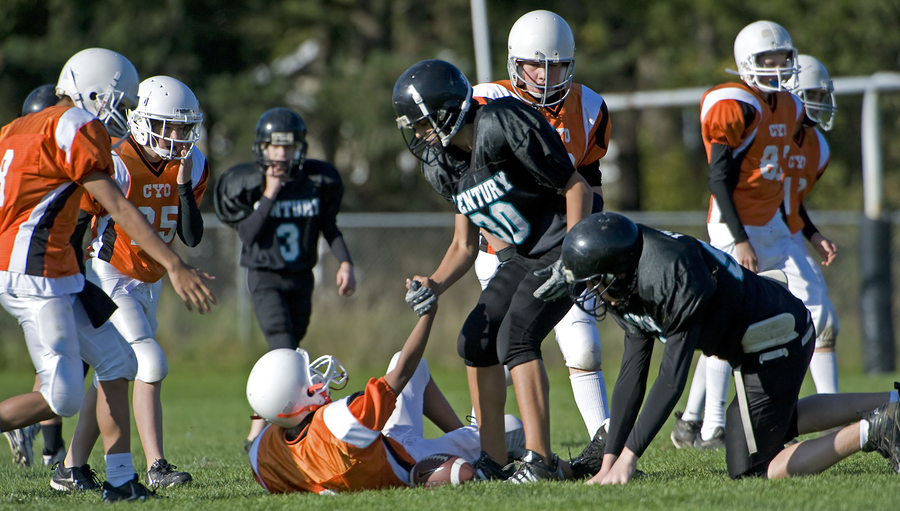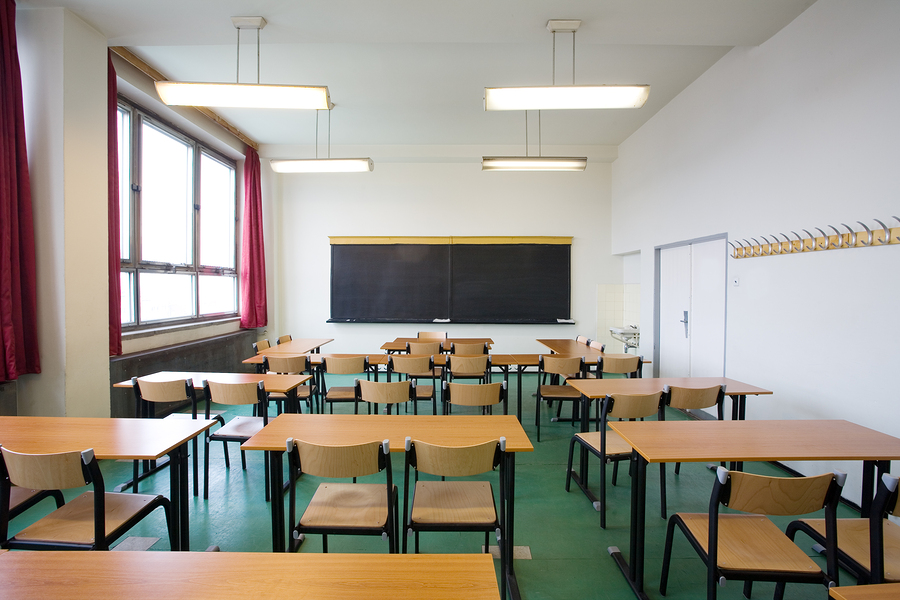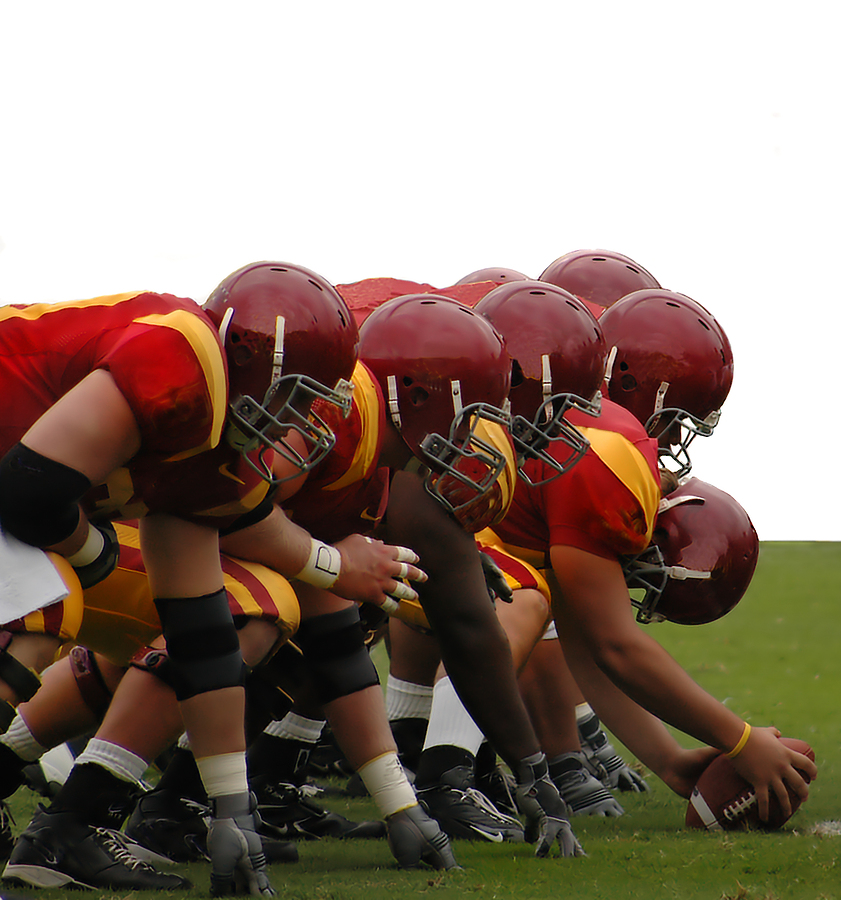Professional Standard of Care in the Field of School Administration and Student Supervision
Parents are responsible for the protection and care of their children, and there may be legal consequences if a parent negligently fails to take reasonable steps to protect his or her child from harm. As with parents, entities and agencies charged with the care and supervision of children are responsible...









